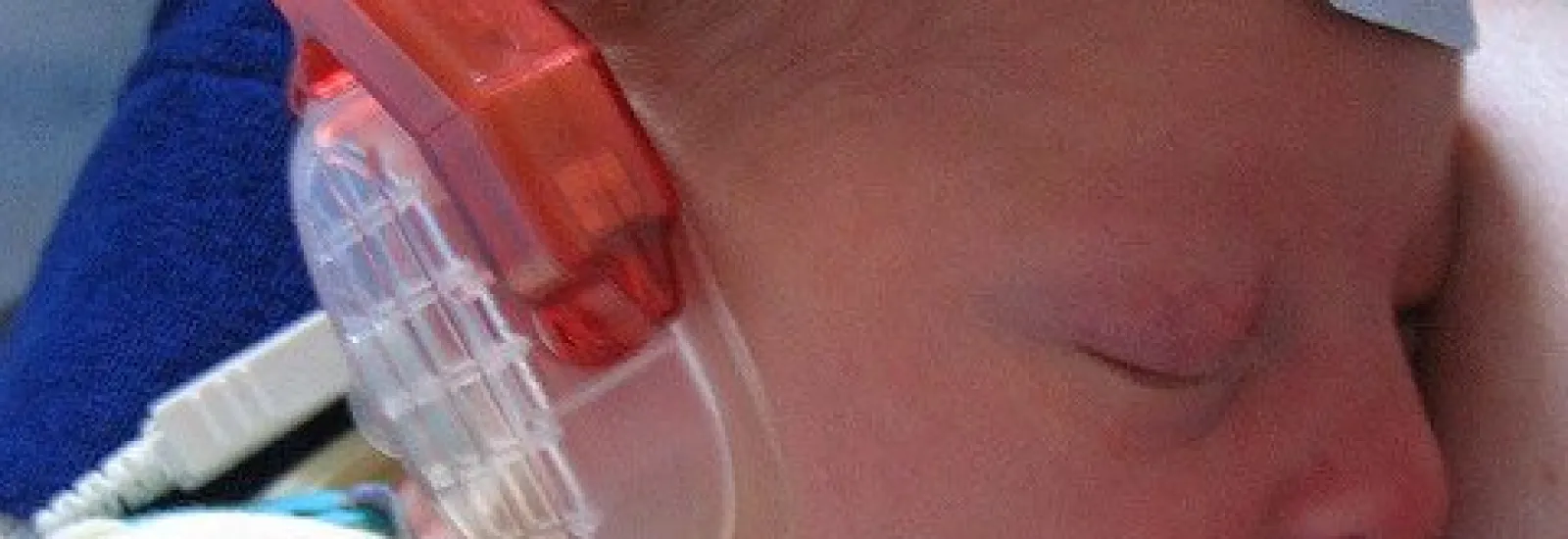
Newborn hearing screening is important for early intervention
Before leaving the hospital babies go through many evaluations and tests. One of these is a newborn hearing screening. It may seem early to test a baby’s ears but hearing loss is prevalent enough — occurring in two to three babies per 1000 according to the National Institutes of Health (NIH) — to warrant this initial screening test.
Screening early is important

When it comes to hearing loss early intervention is best for your child said Dr. Amber Wolsiefer with Reid Hearing Center. The NIH states that your baby has the most intense period of speech and language development in the first 3 years of life. Missing out on language exposure because of hearing loss can set your child behind in school and make it more likely that he or she will end up in remedial classes.
However NIH studies found that kids who received a diagnosis and intervention by the age of six months had better language skills than those who didn’t receive services and were on par developmentally with kids who have normal hearing.
How the test is performed
The newborn hearing screening is a quick painless evaluation that can even be done while your baby sleeps. There are two types of test: Automated Auditory Brainstem Response (AABR) and the Otoacoustic Emissions (OAE) test as HealthyChildren.org explains.
AABR uses electrodes placed on the baby’s head to measure the hearing nerves’ responses to clicks or tones played through soft earphones. The OAE test places a small probe just inside the ear canal to measure sound waves. Clicks or tones are played into the ears and the probe measures the response.
What happens next
In many cases your baby will pass the test. However if your baby doesn’t pass it in the hospital that doesn’t mean he or she definitely has hearing loss. Be sure to follow up with your pediatrician or an audiologist for further screening. Because of the importance of early intervention HealthyChildren.org recommends that you have any follow-up evaluations performed within three months.
If your child does have hearing loss you may see a range of specialists including an audiologist a pediatric eye doctor or a pediatric ear/nose/throat doctor. These specialists help determine the degree of hearing loss and the best path forward. Your child may need hearing aids or to begin learning sign language.
Under the Individuals with Disabilities Education Act (IDEA) your child must be offered free early intervention programs from the time hearing loss is identified.
For many parents the hearing screening is a quick easy test done before they go home with their baby. Having this knowledge early can set your mind at ease or if necessary allow you to get services that will help your child thrive.
Image source: Flickr

